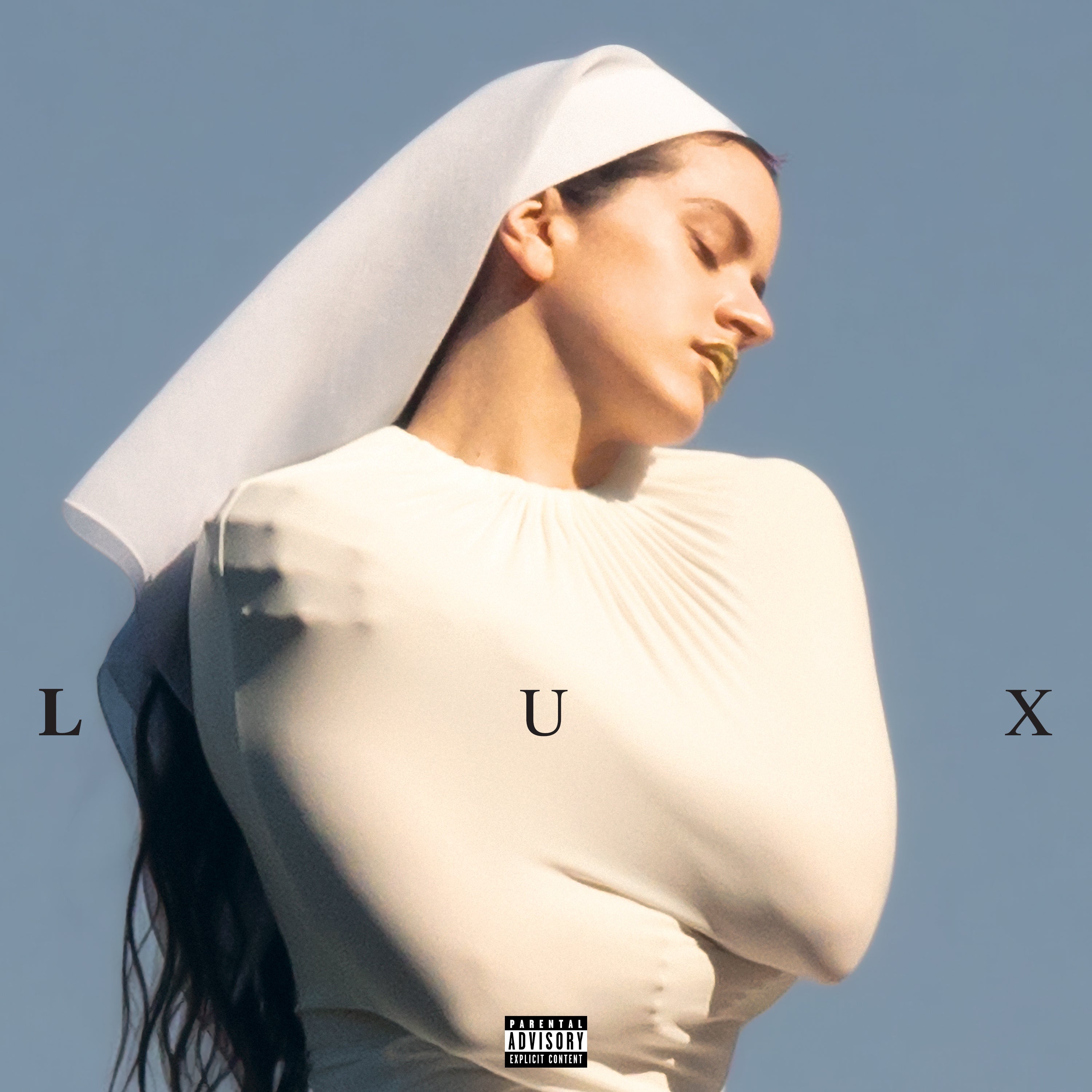- Culture
- Music
- News
Rosalía’s new album has received widespread praise for her daring new musical pursuit
Joseph WilsonSaturday 22 November 2025 15:32 GMT
 CloseRosalia performs 'La Fama' on Saturday Night Live
CloseRosalia performs 'La Fama' on Saturday Night Live
Get the inside track from Roisin O'Connor with our free weekly music newsletter Now Hear This
Get our free music newsletter Now Hear This
Get our free music newsletter Now Hear This
 Email*SIGN UP
Email*SIGN UPI would like to be emailed about offers, events and updates from The Independent. Read our Privacy notice
Global pop sensation Rosalía, celebrated for her innovative blend of flamenco with Latin hip-hop and reggaeton, has unveiled a radical new direction with her latest album, Lux.
The Spanish singer-songwriter’s new offering, meaning "Light" in Latin, is an unreservedly spiritual journey, featuring fifteen songs sung in thirteen different languages, including fragments of Latin, Arabic, and Hebrew, all imbued with a profound yearning for the divine.
This unexpected artistic pivot has garnered significant praise, even from high ecclesiastical circles.
Xabier Gómez García, bishop of Sant Feliu de Llobregat, which encompasses Rosalía’s hometown of Sant Esteve Sesrovires near Barcelona, was among the first church leaders to commend her work in an open letter to his congregation.
The diocese noted that Rosalía’s grandmother is a regular attendee at mass in Sant Esteve Sesrovires. In an interview, Bishop Gómez acknowledged some of her songs were "provocative" but stressed that Rosalía "speaks with absolute freedom and without hang-ups about what she feels God to be, and the desire, the thirst (to know God)."
He added, "When I listened to Lux and Rosalía speaking about her the context of her album and the creative process, I found myself faced with a process and a work that transcended the musical. Here was a spiritual search through the testimonies of women of immense spiritual maturity."
 open image in galleryRosalia reaches new heights with her ambitious fourth album (Press)
open image in galleryRosalia reaches new heights with her ambitious fourth album (Press)From its opening lyrics, "Who could live between the two/ First love the world and later love God," delivered over piano and mournful cello, "Lux" signals a clear departure from her Grammy-winning predecessors, "El mal querer" and "Motomami," which cemented her status as a leading artist in the Spanish music scene with their experimental urban beats.
It currently boasts four songs in Spotify’s Top 50 global chart, surpassing any other artist, including Taylor Swift. The album has also earned high-profile admirers, with Madonna declaring herself a fan and composer Andrew Lloyd Webber lavishly calling it the "album of the decade."
Rosalía, 33, has explained that after her success in more popular music forms, her long-held spiritual longing guided the creation of Lux.
Enjoy unlimited access to 100 million ad-free songs and podcasts with Amazon Music
Sign up now for a 30-day free trial. Terms apply.
Try for freeADVERTISEMENT. If you sign up to this service we will earn commission. This revenue helps to fund journalism across The Independent.
Enjoy unlimited access to 100 million ad-free songs and podcasts with Amazon Music
Sign up now for a 30-day free trial. Terms apply.
Try for freeADVERTISEMENT. If you sign up to this service we will earn commission. This revenue helps to fund journalism across The Independent.
She told reporters in Mexico City last month, "In the end, in an age that seems not to be the age of faith or certainty or truth, there is more need than ever for a faith, or a certainty, or a truth." She was also guided by the concept that "an artist doubts less of his vocation when he works in the service of God than when he works in the service of him or herself."
Rosalía’s spiritual journey is not a sudden conversion, but rather reflects her upbringing in a once staunchly Catholic Spain that has rapidly secularised, particularly among younger generations.
Her earlier music had already hinted at religious themes, including a 2017 video clip where she set a poem by the 16th-century Spanish poet Saint John of the Cross to music.
 open image in galleryRosalia at the 24th annual Latin Grammy Awards in Seville, Spain, Nov. 16, 2023 (Invision/AP)
open image in galleryRosalia at the 24th annual Latin Grammy Awards in Seville, Spain, Nov. 16, 2023 (Invision/AP)While embracing Catholic symbols and expressing a fascination with female saints, Rosalía appears to eschew strictly organised practice, drawing inspiration from diverse religious traditions, including a quote from a Sufi poetess in Lux.
"I have read much more than I did years ago, reading many hagiographies of feminine saints from around the world," she revealed. "They accompanied me throughout this process."
Her public image has also transformed. The hip-hop fashion and long fake nails that characterised her Latin Grammys appearances a few years ago have been replaced by the stark imagery of the Lux album cover, where she is depicted in a solid white nun's veil, her arms seemingly trapped, and her gaze averted.
Even the Vatican’s culture minister, Cardinal José Tolentino de Mendonça, prefect of the Dicastery for Culture and Education, has joined the album’s admirers, despite potentially controversial tracks like "Dios es un stalker" aka God Is a Stalker.
He told Spanish news agency EFE that Rosalía has tapped into a broader dissatisfaction with the secular world. "When a creator like Rosalía speaks of spirituality," he observed, "it means that she captures a profound need in contemporary culture to approach spirituality, to cultivate an inner life."
Amidst its profound spiritual explorations, Lux still finds space for more earthly themes, such as the scorn for a former lover expressed in "La Perla."
This deft fusion of high and popular culture is central to the album’s appeal, according to Josep Oton, professor of religious history for the ISCREB theology school in Barcelona. Oton told the AP that Rosalía "has succeeded in making popular music with very deep cultural roots. Anyone can listen to it, and people with different backgrounds can take away different things. It is pop music, but it is profound."
 open image in galleryLux’s album cover (Columbia Records via AP)
open image in galleryLux’s album cover (Columbia Records via AP)Victoria Cirlot, professor of humanities at Barcelona’s Pompeu Fabra University and an expert in medieval feminine mystical tradition, praised "Lux" for its ability to introduce complex religious concepts to a wider audience, while noting it is "a minimalist" sample of the mystical tradition.
Cirlot highlighted "La Yugular" as rich in mystical thought, associating the throat – the source of voice and breath – with the body’s divine portal in many traditions.
For Cirlot, however, it is Rosalía’s entire performance that makes Lux so impactful. "Rosalía is not just a great singer; she is a great actress, and her body language is full of these mystical gestures like contorting her face in an expression of ecstasy, of staring into nothing,"
Cirlot concluded. "And then we have her amazing voice, which creates a sense of flight."




